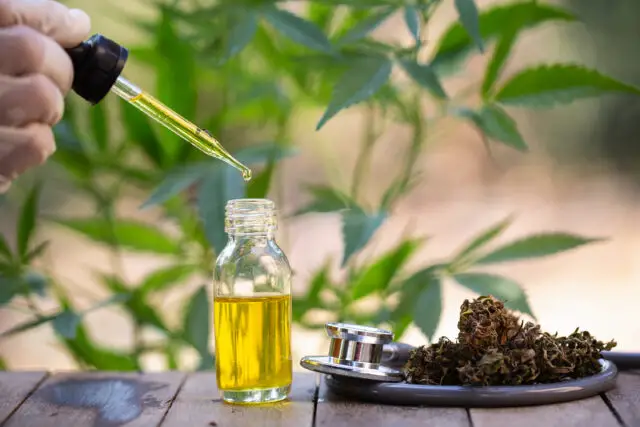By decriminalizing recreational marijuana, the Costa Rican economy would clearly benefit, by increasing foreign investment, collecting new taxes and generating new job opportunities, according to Roy Thompson, president of the Council of Hemp and Cannabis Costa Rica. And it is that our country would enter to compete in a world market valued at about $20 billion.
What do you think of President Rodrigo Chaves’ decision?
The president’s decision follows a global constant on the issue of recreational marijuana, in the sense that there is a progressive decriminalization in North America, Europe and Asia.
Mr. Rodrigo is a first world president who has lived for many years in different countries and therefore knows this market well in other latitudes. The initiative is viable and integrates Costa Rica to a series of countries that have been on the path of decriminalization.
What elements must be included in the law for it to be effective?
The first thing is that unlike the hemp industry, recreational cannabis has to guarantee high levels of THC. Having said this, we have to say that there are similarities around the hemp industry, in such a way that the regulations that are established guarantee the safety of the consumer, which implies that the cannabis that is sold does not have metals, pesticides, nor virus, with the intention that the consumer acquires a product that does not put his life at risk. The idea is that there is quality and safety.
Similarly, the order in terms of cultivation, cultivation places and licenses, as well as verification and inspections in dispensaries, is very important, in order to guarantee the safety of consumers.
We believe that the law should include the mandatory inspections of the Ministry of Agriculture and Health, as well as the IAFA, because we would already be in the presence of an open commercialization of a regulated substance.
Do you think that the decriminalization of recreational cannabis will translate into more tourism?
Indeed, and that leads us to think that there are also some issues that should be considered to address this industry, for example, the adaptation of some regulations of hotels, restaurants and other establishments to allow the use of recreational and medicinal cannabis.

How big is the global cannabis market?
In the United States, recreational cannabis is allowed in some 20 states, as well as in Canada, and in Europe several countries have made this decision. On the other hand, marijuana is present in practically every country in the world, albeit illegally, not now, but for centuries. By this he means to tell you that the recreational cannabis market is worth about $15 billion to $20 billion a year.
What would be the benefits for the country of this industry?
We are talking about tourism, employment, foreign investment, new alternatives for health and a new source of income for the State, since VAT would have to be paid when marketing this product, in addition to municipal patents, among other benefits.
On the other hand, decriminalizing recreational cannabis discourages drug trafficking and the criminal groups associated with this drug, since consumers will not have to access the black market to obtain their cannabis, exposing themselves to the consumption of metals or pesticides. At the tourism level, for example, I had to participate in a panel on medical tourism and marijuana, so it is clear that there will be important impacts for the country.
Conservative groups oppose the plan considering that it is a drug that could affect youth and their development, what would you say to those people?
I would ask them to trust the controls of the State. We have to trust in the sense that they can develop world-class controls and processes.
As a second point, I would like to make you understand that at this moment there is an entire illegal structure that sells cannabis, so I would ask, does prohibition currently allow cannabis not to be consumed? In this sense, it must be understood that by decriminalizing the product, there would be great savings for the government in the fight against drug trafficking.
As a third point, we have to be clear that the consumer is guaranteed quality and safety to acquire cannabis, as well as a very positive impact for the finances of the State and for other industries and the economy.
Costa Rica cannot continue thinking that it will achieve development, avoiding the issues to which the rest of the world is exposed. We have to adopt the best practices in the world.

